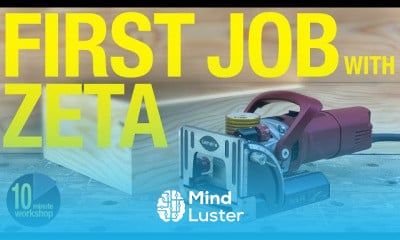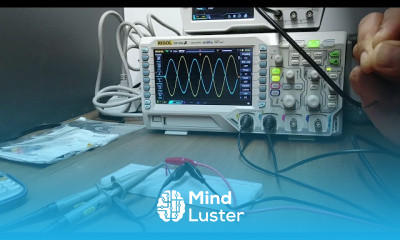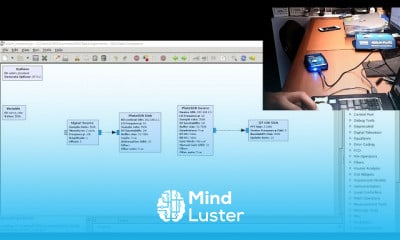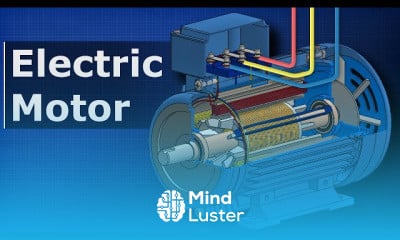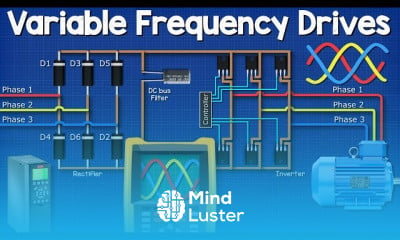Neutral vs Ground Difference between Earthing and Neutral
Share your inquiries now with community members
Click Here
Sign up Now
Lesson extensions
Lessons List | 181
Lesson
Show More
Lessons
Comments
Related Courses in Engineering
Course Description
Distributed control system course,
in this course we will learn about the fundamental principles and operational mechanisms of Distributed Control Systems (DCS) used in industrial automation. This comprehensive course covers the architecture and components of DCS, including input/output modules, controllers, and operator workstations. You will explore how these systems distribute control functions across a network to enhance efficiency, reliability, and flexibility in managing complex industrial processes. The course delves into the configuration and programming of DCS, highlighting the use of industry-standard programming languages (IEC 61131-3). Additionally, we will discuss the integration of DCS with other systems such as SCADA and MES for comprehensive plant management. Safety and security protocols essential for protecting and maintaining DCS will also be covered. Through practical examples and real-world case studies, you will learn troubleshooting and maintenance techniques to ensure optimal performance. By the end of the course, you will be equipped with the knowledge and skills to design, implement, and manage DCS in various industrial settings, making it ideal for engineers, technicians, and automation professionals seeking to enhance their expertise in modern control systems.
Trends
Graphic design tools for beginners
Web Design for Beginners
Accounting Finance course
Logo Design
Accounting
Web design basics
Graphic Design Basics
Master graphic design techniques
Best zoology books
Web Design Using HTML CSS
Figma globe icon design
SQL for accountants and finance managers
Figma fast design techniques
Anatomy Physiology
Figma Signing Up and Signing In
Education Biotechnology
Digital Logic Families in Digital Electronics
General Embryology 2
company accounts fundamentals
Theory of Computation
Recent
Bioinformatics basics
Bioinformatics databases
Vitamin A to Z tablets
Best zoology books
Best cream for piles pain
Laser surgery for piles
Best cream for piles
Anal fissure treatment
Best antibiotics for diseases
Antibodies structure
Macrophage structure
Drosophila genetics
Diagnostic tests
Bioinformatics
Genetics
Gene therapy
Kidney structure
DNA replication and types
Bacterial cell structure
Parasite structure







